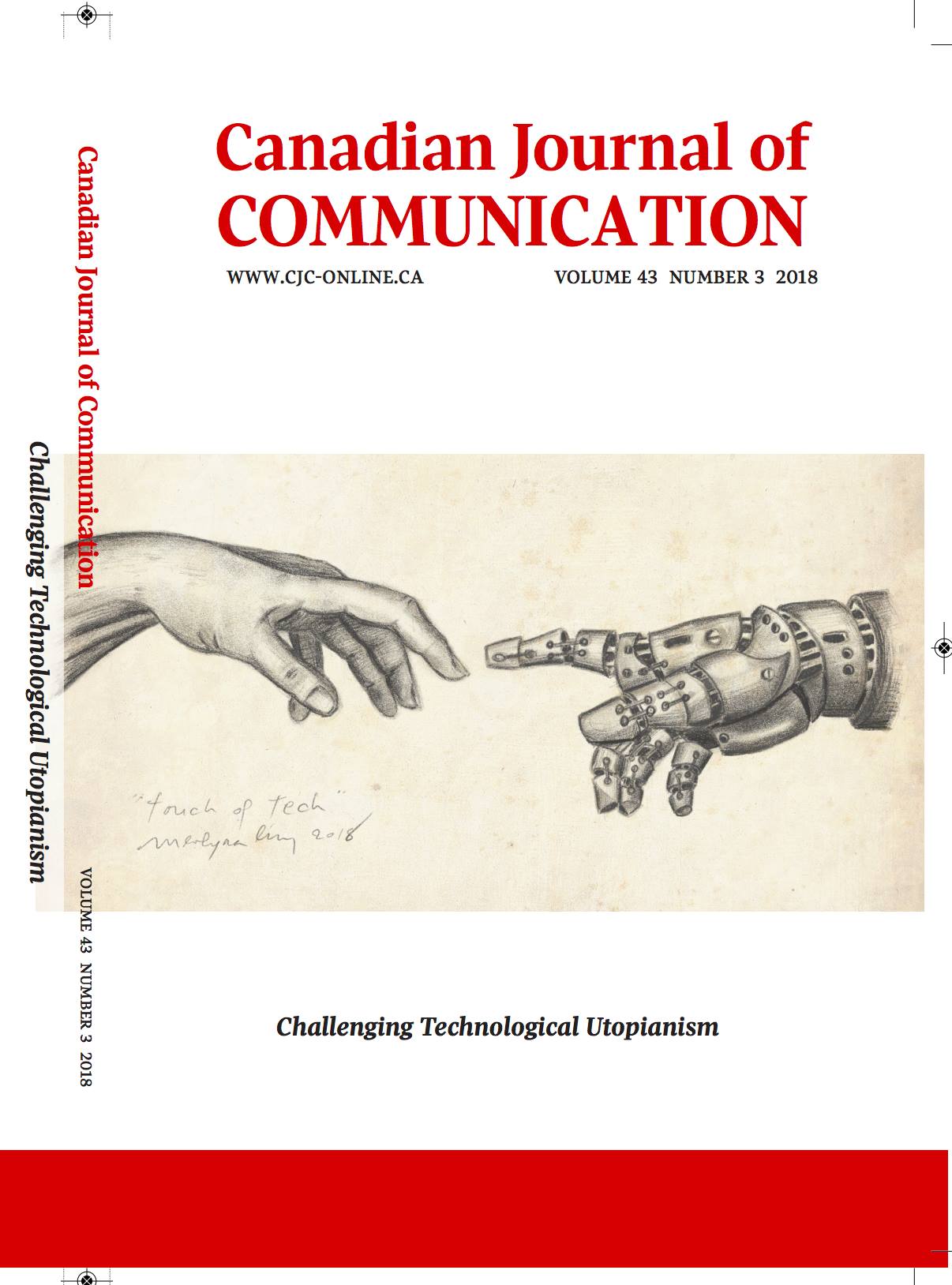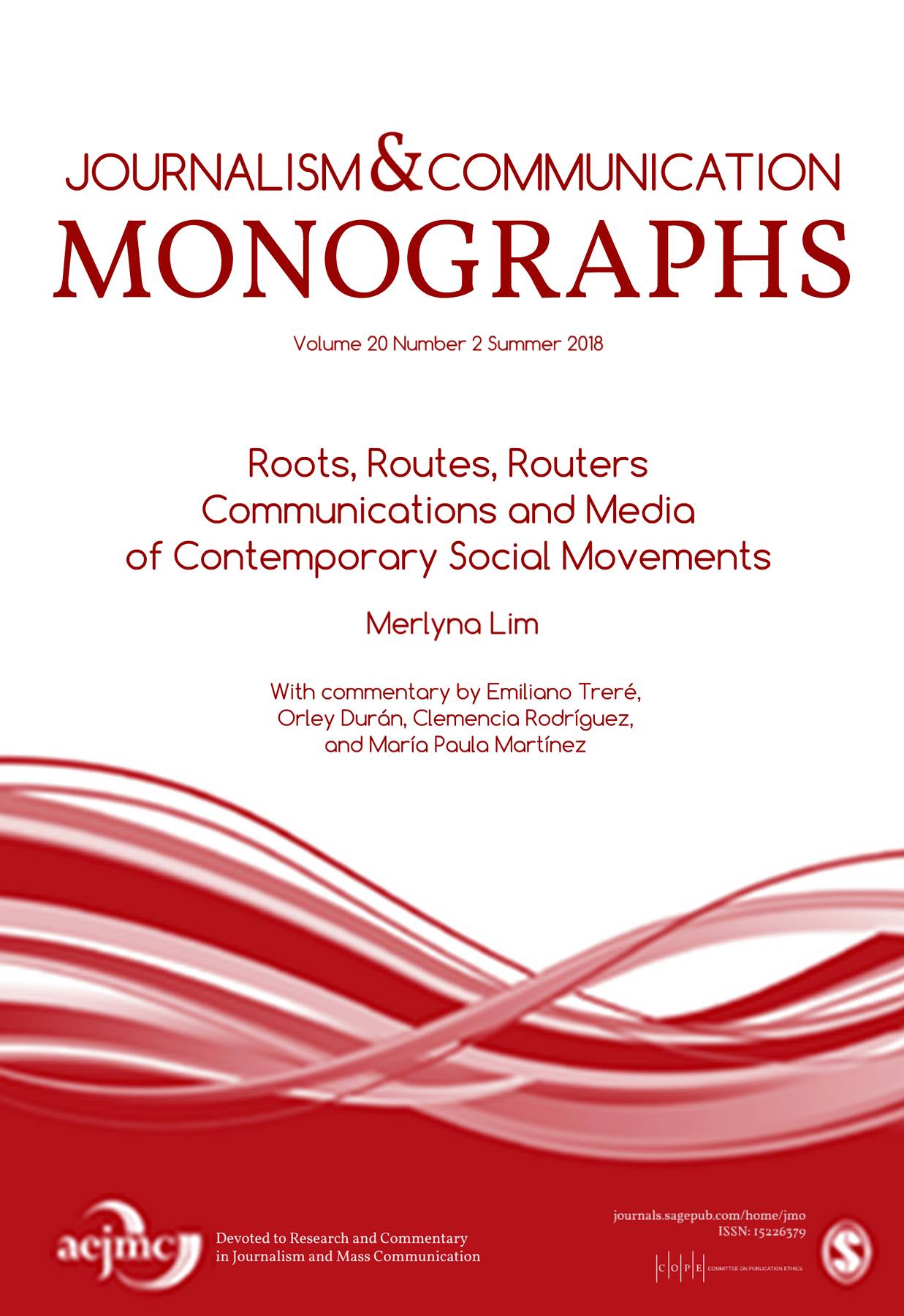I just published a piece titled “Disciplining Dissent: Freedom, Control, and Digital Activism in Southeast Asia” [PDF].
Urbanized parts of Southeast Asia have been places with the most vibrant digital activism for the past two decades. And, yet, the region has been marginalized from “global accounts” of the role of digital media and activism that have predominantly emerged in the European and American context, with the exception of the Middle East which gained a temporal prominence immediately after the “Arab Spring”. This chapter attempts to sketch a comparative analysis of the relationship between digital media and politics in the region. Due to the diversity of contexts and non-linearity of political change, the question of the role(s) of digital media in supporting civil society and civic activism has no unequivocal resolution in the abstract. Rather, answers will emerge from the historical and societal experiences in specific local contexts. So, too, vary the realization of the roles of digital media to “liberate” civil society from the fetters of state control over media and communications as well as from “uncivil” elements within civil society itself. The distinctive constellations of forces at play underlie dramatically different cultural and sociopolitical configurations among the nation-states of this region. Experiences from Southeast Asia suggest that while digital media can have and has played an important role in political reform, it can equally play the role of furthering social divides. The role cannot be determined by technology itself, but rather by the interplay between technology and society, which while globally influenced is still substantially locally constituted.
This work is published as one of the chapters of the Routledge Handbook of Urbanization in Southeast Asia edited by Rita Padawangi.
Downloadable [in PDF] from:
(2) https://carleton.ca/align/wp-content/uploads/Lim_DiscipliningDissent_2018.pdf
(3). https://merlyna.files.wordpress.com/2019/06/lim_discipliningdissent_2019.pdf

